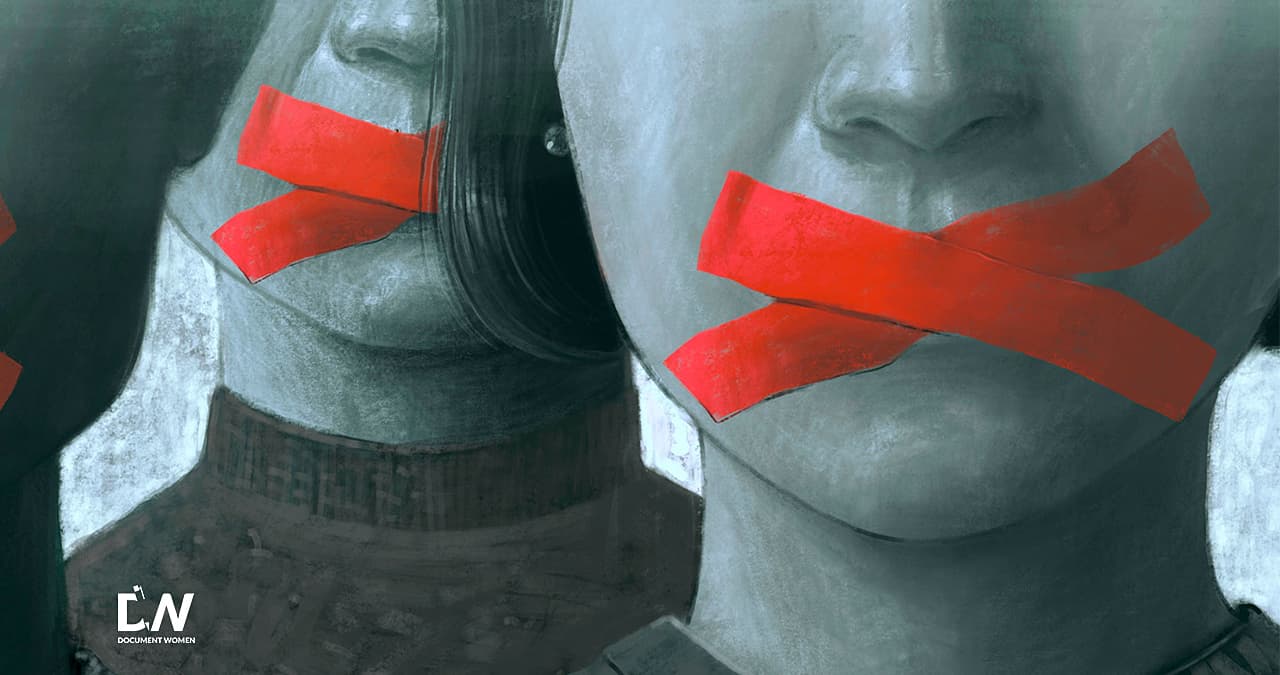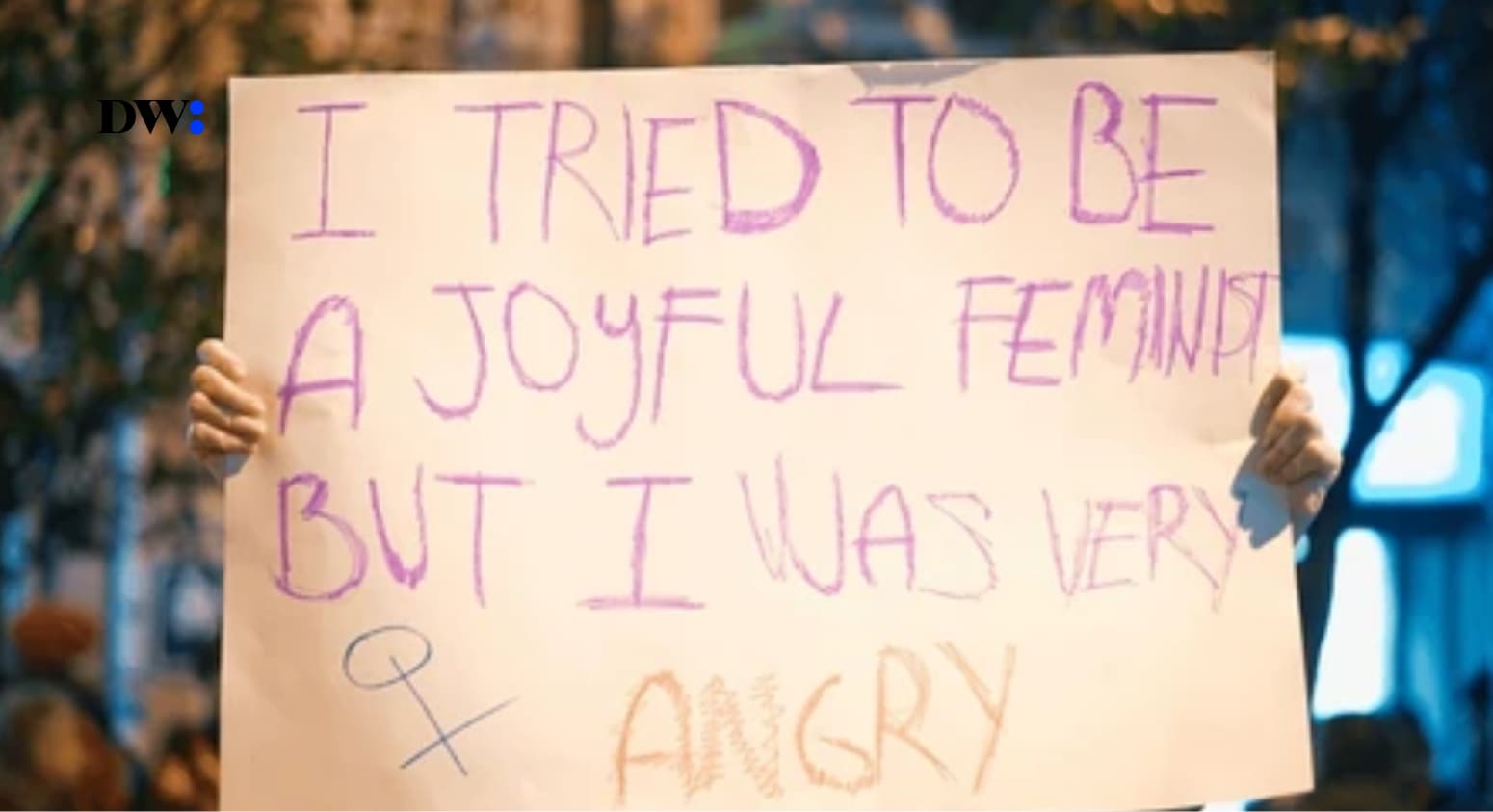At age 13, Rachita renounced her last name in protest of the caste system in India – a system that more or less ranks people’s humanity by the circumstances of their birth. This move gives some insight into Rachita’s commitment and dedication to fighting for what is just and right.
Rachita, tech entrepreneur and co-founder of Girl Power Talk expresses her displeasure at the nature of things and the disparate treatment men and women get even before they are born. India has one of the highest ratios of female infanticide and, it is no secret and female children are deemed inferior. “It’s a struggle to be born, you have to fight to be born and once you’re born, you’re looked upon as a burden”.
Though it is illegal to determine the sex of a child in India, people use illicit means to determine the sex of unborn children and, if the foetus is female, they abort it or kill it once it’s born.
Rachita also talks about the requirement of silence, docility and servility that women must meet to survive or to be considered a “good woman”. “Society keeps telling you that if you want to be a good girl/ woman, stop asking questions. You have to go down and accept what is laid out for you. What determines a good woman is if you do not talk, have any opinion, do not know anything and are gullible.” Opinionated women and women who know their rights and demand better for themselves are loathed by men and society in general because of the prominence and power of the structures that help maintain the imbalances between men and women.
Feminists are regarded as women who do not hold traditional values and disrespect the culture. The rigidity of the requirement of womanhood, limitations and the differential treatment of men and women inspired Rachita’s feminist awakening. Her goal is to “dedicate my life to changing one life at a time”.
Rachita talks about beauty standards and how they further violence against women who are deemed not beautiful. Colourism is a prevalent problem in India where lightness is glorified (like in most former British colonies).
As punishment for “insubordination” or rejection, acid attacks against women are more common in India than anywhere else in the world. The goal of the evil assailants is to strip women of the beauty that is coveted and revered and to humble them.
Her work; “girl power talk” is a direct act of defiance against the culture of silence that stifles the existence of women; it is the prioritisation of women in a society where due to the large population, women are seen as expendable burdens or mere tools for use.
Listen to Rachita speak to Awazi on episode 9 of our podcast, We’re Not Crazy, You Are!





